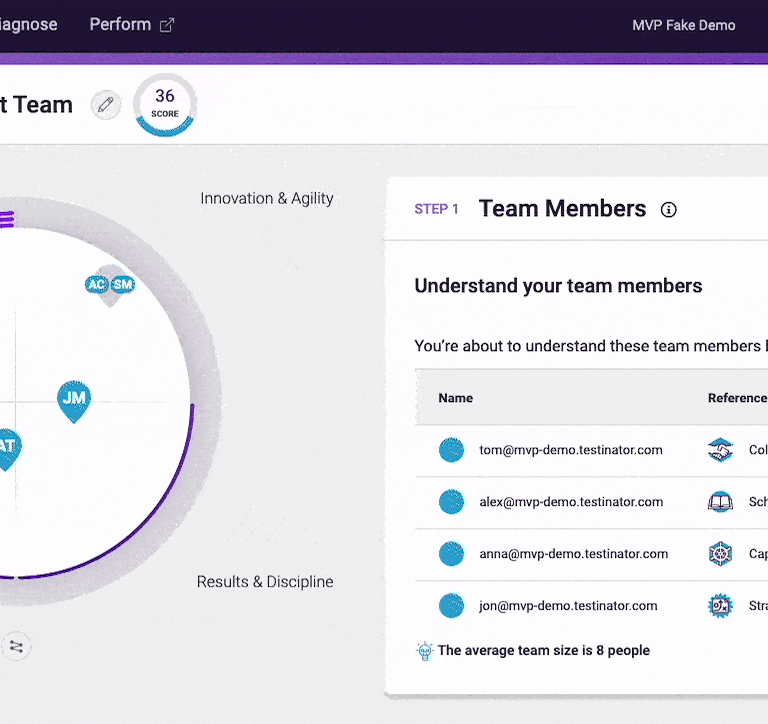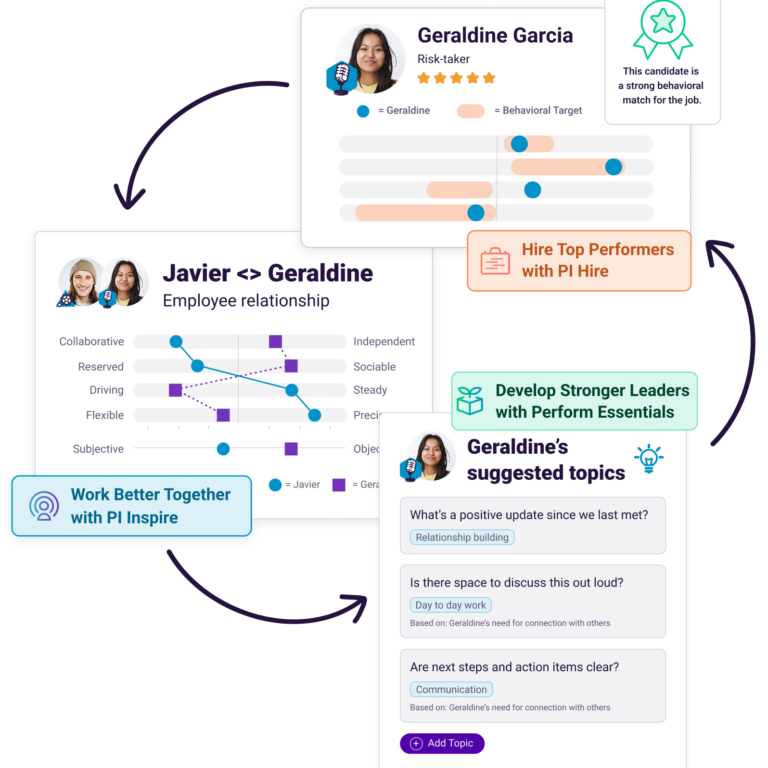
Understanding and managing employee absenteeism
Explore the causes and impacts of employee absenteeism, and discover effective strategies to manage and reduce it in your organization.

Explore the causes and impacts of employee absenteeism, and discover effective strategies to manage and reduce it in your organization.

Discover the significance of transparency in the workplace. Learn its benefits, challenges, and effective strategies to create a transparent organization.

Quiet cracking is the silent unraveling of middle managers under the weight of compounding pressure from all sides.

On a recent episode of Advancements, PI had the chance to talk about what’s actually changing inside organizations, and what leaders need to understand to keep up.

I partnered with The Predictive Index to talk about how their Behavioral Assessment helped me better understand myself and my team – and changed the way we all work together.

Learn about content validity, its types, and why it matters for HR. Discover best practices for selecting scientifically validated talent assessments.

The perception gap manifests in many ways. HR can help mitigate perception bias through the use of behavioral data.

Our 2025 survey revealed a perception gap: Nearly half of employees believe their boss only somewhat or rarely understands their contributions. In other words, 50% of your workforce might feel fundamentally misunderstood.

Does personality determine leadership success? What personality is the best leader? Explore the science behind personality and leadership success.

You need tools that seamlessly integrate your pre-hire efforts with your employee engagement and retention priorities. Talent Optimization Essentials codifies that connection.

Discover the benefits of personal growth goals for managers, HR leaders, and employees. Get inspired by these top personal growth goals.